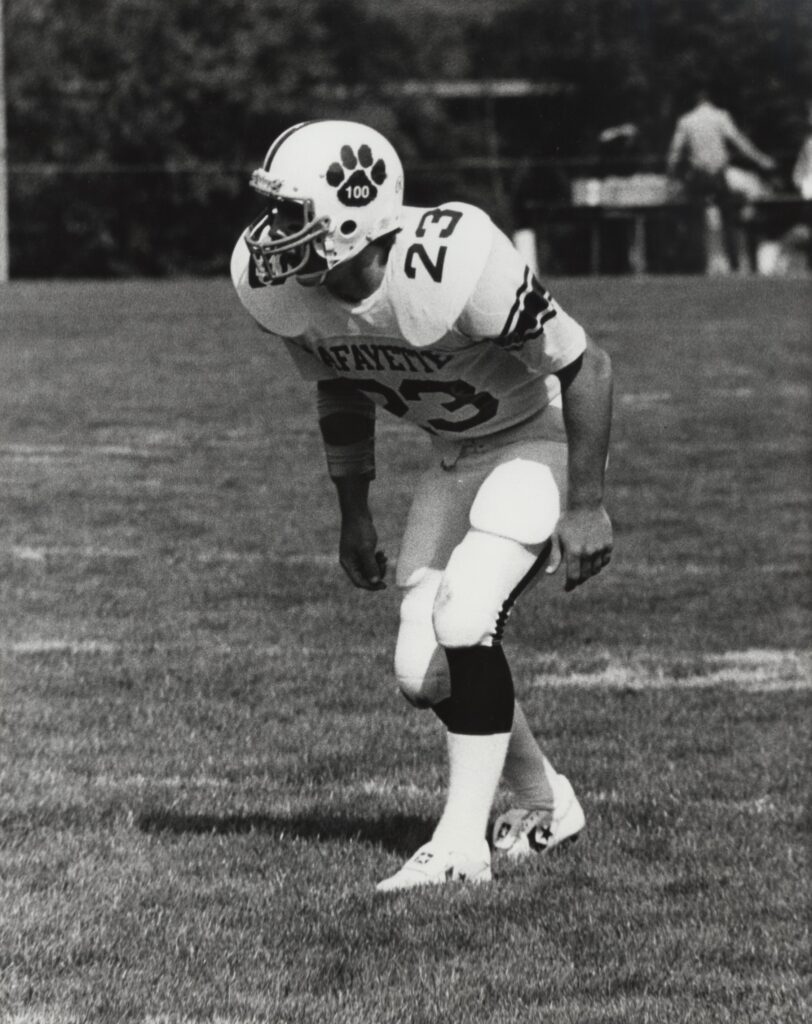 The English idiom, “don’t judge a book by its cover”, is a figurative phrase that we should not judge the worth or value of something or someone by their outward appearance alone. A book’s cover will not always reflect the true quality of the actual novel. I have also come to learn the same applies to wine labels. Sometimes more craft goes into the label on the bottle than into the wine within.
The English idiom, “don’t judge a book by its cover”, is a figurative phrase that we should not judge the worth or value of something or someone by their outward appearance alone. A book’s cover will not always reflect the true quality of the actual novel. I have also come to learn the same applies to wine labels. Sometimes more craft goes into the label on the bottle than into the wine within.
In addition to “judge a book by its cover” the phrases “beauty is skin deep” and “all that glitters is not gold” also relay the idea that appearances can be deceiving. It is dangerous to draw conclusions about someone or something without looking beyond superficial qualities and understanding the true nature. Things aren’t always as they seem.
In today’s fast-paced world, we tend to make quick decisions about everything. These quick decisions are made at the surface and in the immediate. In this quest for speed, we often, and too easily, make judgments based on superficial evidence we see on the exterior. We shouldn’t judge someone, or something based only on what we see on the outside or only on what we perceive without knowing the full situation. Hazel Gaynor, an English Author, has a great quote, “There is more to every photograph than what we see. More to the story than the one the camera captures on the plate. You have to look behind the picture to discover the truth.” Every individual has a story within, and we don’t know what chapter we walked into.
We also are quick with first impressions. We have an innate cognitive tendency to notice patterns and then generalize, taking mental short-cuts. We subconsciously form these mental simplifications over and over, avoiding any depth. This is the root of prejudice, stereotypes, and ‘fixed’ views.
I almost didn’t get a job once because of quick assessment based on a pre-employment attribute test. I can no longer remember if it was a DiSC or Myers-Briggs test, but my results were not consistent with their expectations and norms for the role. On paper I was not the right candidate. Fortunately, I had a champion within the company step up and provide additional details on my capabilities. I ended up having a very successful run with the company. Assessment tests don’t measure heart, ethics, loyalty, or even one’s sense of humor. They show a part, but not the whole and certainly not the value.
Forming opinions, especially those that establish value, solely based on seeing the surface is wrong. Yet how often do we do that? We have the expression “taking it at face value,” the apparent merits of the idea, before the concept or plan has been tested. We accept and believe based on the superficial appearance or implication of something. The problem with rushing to judge anything, especially people, is we will likely make an entirely wrong assessment when we don’t have all the information.
If we make a point to treat people equally, regardless of what we may experience in our initial view or introduction, we may come to find our judgments couldn’t have been more wrong. We must be encouraged to be critical thinkers and have a willingness to look beyond the surface to uncover the true nature and make sound decisions based on evidence and reasoning.
Critical thinking is the ability to analyze information objectively and rationally, evaluate the arguments, and discern wisdom. It involves identifying biases, questioning assumptions, and considering multiple perspectives to reach well-reasoned conclusions. Good critical thinking is about making reliable judgements based on reliable information.
As Christians we face both sides of this coin. On one side we can be judged by others based on the label, “Christian.” However, we cannot control what others perceive and judge. We can control our behavior to be Christ-like and limiting the fuel others may want or need for their adjudication.
More importantly we must be the ones not judging a book by its cover. In 1 Samuel 16:7 it is written, “But the LORD said to Samuel: Do not judge from his appearance or from his lofty stature, because I have rejected him. God does not see as a mortal, who sees the appearance. The LORD looks into the heart.” Matthew’s Chapter 7 starts with the decree to “stop judging” and to conduct our behavior to others in accordance with God’s conduct towards us, to not pass judgment in a spirit of arrogance, forgetful of one’s own faults.
Father Ronald Rolheiser, a Catholic priest and theologian, closes out one of his newsletters with this passage, “So our faith needs to look deeper than what’s happening on the surface, our hope needs to ground itself on something beyond what’s on the daily news, and our charity needs to be less fearful and less paranoid. God is always alive and working underneath. Nothing will be lost of our efforts and sufferings, even of our failure and errors.”
We must be the ones choosing to read the book, the whole book.




